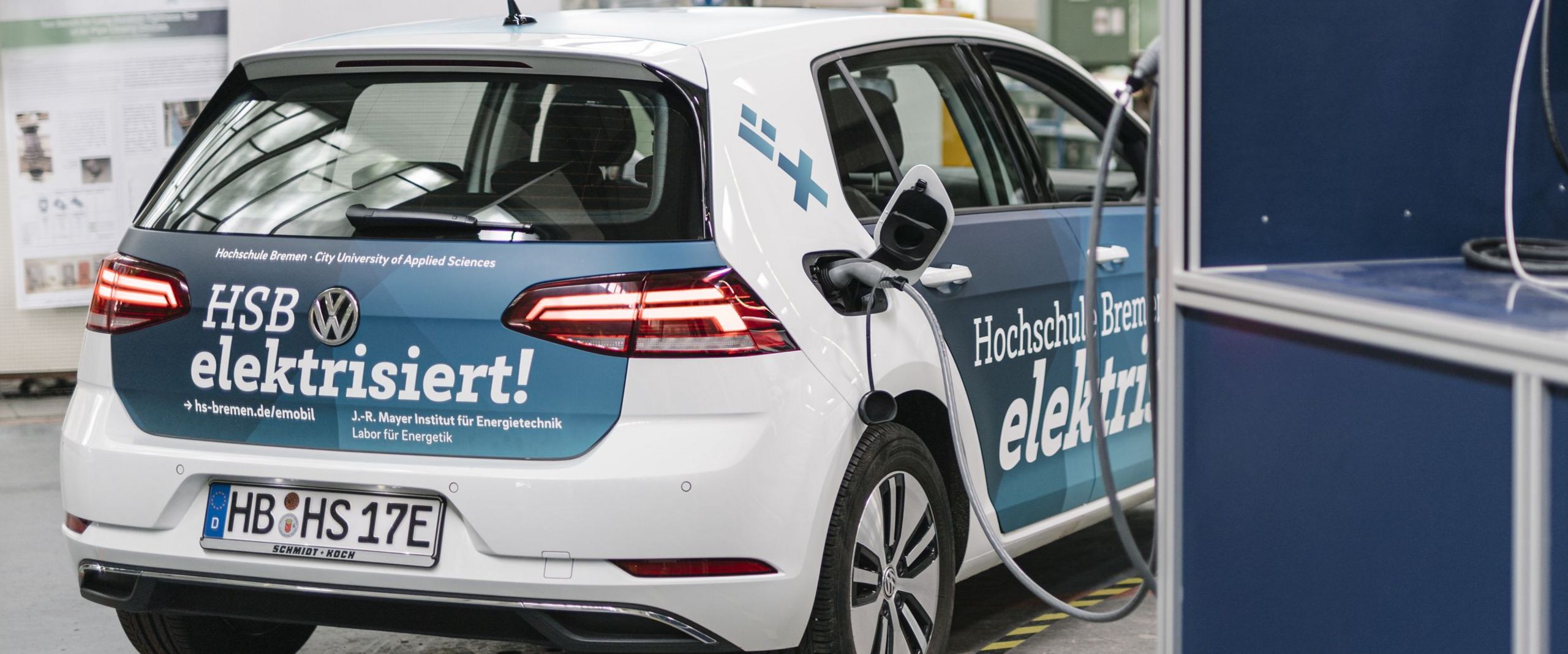
School of Nature and Engineering
| Degree | Master of Engineering |
|---|---|
| Start of study | Summer semester, Winter semester |
| Application period Summer semester | 15 December until 15 January |
| Application period Winter semester | 01 June until 15 July |
| Standard period of study | 3 semesters |
| Credits | 90 |
| Accredited | Yes |
| Admission restricted | No |
| Admission requirements |
If the previous bachelor's qualification does not have a sufficient number of credits, the missing credits can be acquired within the framework of an alignment programme. The programme content is determined on the basis of individual assessment of an applicant’s previous knowledge and comprises a selection of modules taught in existing bachelor's degree programmes. |
| Language of instruction | German and English |
| Faculty/institution | School of Nature and Engineering |
| Integrated stay abroad | No |
Energy engineering is an interdisciplinary engineering discipline that focuses on the requisite technologies for efficient, safe, economical and environmentally friendly energy generation, storage, transport and consumption. The research and development activities of energy engineering companies and engineers engaged in the energy transition are therefore increasingly giving rise to demands that go far beyond in the mathematical and scientific fundamentals taught in a bachelor's degree. The core issues of the transformation of energy production to a CO₂-neutral society can only be solved by suitably qualified graduates who also possess the requisite competences for developing solutions to problems.
The core orientation of the master's programme in classical energy engineering and fluid mechanics as well as grid integration of regenerative energy supply systems is supplemented with clear focal points in the areas of
thus addressing key topics for future requirements of energy engineering with regard to the conversion and reorientation of energy supplies of the future.
Graduates of the master's degree programme in Energy Engineering are suitable for a very wide range of careers and can use their skills to make an important contribution to solving the current and future problems associated with providing a sustainable energy supply. Experience shows that graduates of energy engineering programmes can quickly fulfil their career expectations in areas such as research and development or in the field of energy generation and distribution.
There is growing demand on the labour market for engineers capable of developing solutions for the expansion of renewable energy generation and energy distribution. In addition to electric utilities and grid operators, potential employers include plant manufacturers, project developers and engineering firms. There is also a continuing demand for highly qualified engineers in the field of research and development.
The degree programme also qualifies you for subsequent PhD studies.
The degree programme is divided into three sections:
In the first semester, you will deepen the scientific and technical foundations in the fields of mathematics, computer-based simulation techniques and energy economics. This takes place within three compulsory modules, one compulsory elective module and participation in an interdisciplinary project.
In the second semester, you will specialise in classical energy technology/flow technology or the grid integration of regenerative energy supply systems and continue the interdisciplinary project. You can set your focus and build profile by choosing from a range of compulsory elective modules.
Stays abroad are recommended, but are not mandatory
Check the application deadlines and admission requirements for your desired degree programme.
Questions about the degree programme can be answered by the contact persons on the degree programme pages. If you have any further questions about your decision to study at HSB, our advisory and service institutions will be happy to help.
